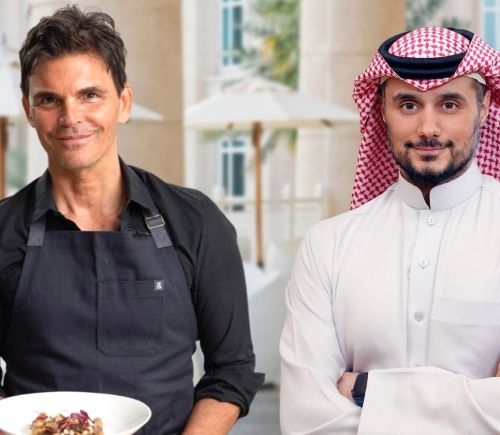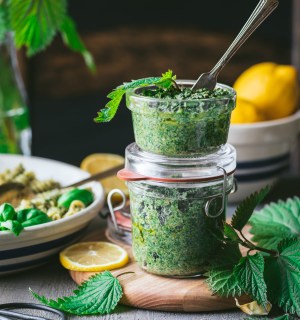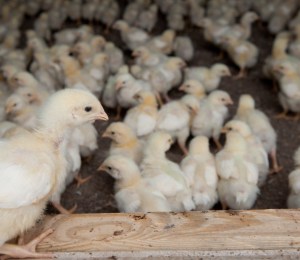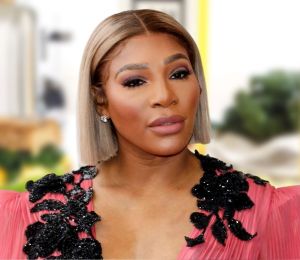Growing up in rural Canada, I was surrounded by farm life. Yet, despite being immersed in this environment, it wasn’t until much later in life that I began to actually consider where my food came from.
After a life-changing personal event, I drastically changed my diet and committed myself to creating a sustainable food system.
Soon after, I pivoted my Silicon Valley tech career to the emerging industry of food tech, an industry focused on protein innovation in our food system.
While it is no secret that the tech industry is a male-dominated space, it came as a bit of a surprise to me when I discovered the same patterns emerging in the “progressive” food tech industry, too.
Since that discovery, here’s what I learned – and what I’m doing about it.
Investment landscape
First, to understand the big picture, we must look at the investment landscape. Currently, less than three percent of all venture capital funding goes towards women founders – shockingly, women of color founders receive only 0.5 percent.
In the food tech industry, in particular, 59 percent of women founders reported experiencing bias from investors with 85 percent citing gender bias specifically in 2021. Sadly, women of color founders were 1.5 times more likely to report bias than white founders.
It seems impossible for women to have such little representation. After all, we’re the ones making the food choices in our homes, with more than 80 percent of consumer purchasing decisions.
Further, women have a deep history with food – some of the earliest women-owned businesses were in the food industry and there are even ties between the restaurant industry and the suffragette movement.

No lack of female talent
Quickly, it became clear that there is no lack of talented women in food – what there is a lack of is resources, support, and networking opportunities.
With a focus on inclusive community, I created Vegan Women Summit (VWS), a platform to elevate, amplify, and educate women professionals in the future of food. What started as 250 women in a room in San Francisco is now over 40,000 women professionals across six continents… in less than two years.
Our rapid growth has been a testament to the huge interest – and need – for an inclusive community to amplify women.
Here are the three key challenges we are tackling and the opportunities we have identified.
Challenges to women in food tech
1. Networking gap
First things first, we have to talk about talent. In one of the hottest job markets of the past century, women professionals, particularly women of color, continue to be underrepresented in the food tech industry.
This is largely related to the networking gap, which shows that women are 28 percent less likely to have a strong professional network than men.
To this end, we created VWS Connect, the only industry job networking series focused on connecting women professionals. This is not a solution, but a start in the right direction.
After countless conversations with top employers, we’ve heard the same advice time and time again: apply, regardless of whether you think you are qualified, and let your passion show through in your resume.
For employers, mission-driven talent is a golden opportunity to create loyal, long-term employees, so even if you haven’t had a chance to work in the industry, your personal interests can make you stand out from other candidates.
It is also for these reasons that we recommend employers branch out beyond typical job forums to find unique and non-traditional candidates, such as on social media platforms.
2. Funding disparity
Next, we have to talk about funding. As shared above, women receive a pittance of the funding that male counterparts receive, which we tackle through VWS Pathfinder, our yearly global pitch competition.
After receiving over 1,000 pitches from 31 countries, we’ve learned one key thing: meet founders where they are at. Like job applications, there are many places to meet would-be entrepreneurs, and some of the places where we scout include university groups, social media platforms, and app partnerships.
We like to get creative, and once partnered with Postmates to promote our pitch opportunity to their thousands of couriers, a great target group with both an entrepreneurial mindset and knowledge of the food industry.
Whether you are a founder or an investor, make yourself known on every platform you can – you never know who you might meet.
3. Media recognition
The last challenge – one I am hoping to conquer with my upcoming book, The Future of Food is Female – is recognition and amplification in the media. Women are achieving incredible feats in food tech, yet we often see the same voices in every article and on every panel.
We must keep our industry accountable. If you are writing an article or hosting a panel, take a look at the voices you are amplifying and whether they represent the makeup of our community.
One glaring lack of representation we often see is of Black founders, particularly Black women, in coverage, despite being the fastest-growing plant-based population.
Not only does representation create an inclusive environment to attract more candidates, but it actually improves the innovation of companies, too – something that is of critical importance in a fast-changing industry like food tech.
Reinventing the food system is the single greatest challenge facing our planet, as the climate crisis worsens – and we need to make sure we have all the talent on board.
This is a once-in-a-lifetime opportunity to build a better system and a more sustainable planet that is more reflective of the people who live on it. We’ve done so much in a short period of time and I have no doubt I will reach my goal of empowering all four billion women on this planet to build a kinder, more sustainable world.
To learn more about VWS go to veganwomensummit.com and to be the first to get a copy of The Future of Food is Female, go to jenniferstojkovic.com.














Leave a Comment
Plant Based News Comment Policy
In short:- If you act with maturity and consideration for other users, you should have no problems. Please read our Comment policy before commenting.
I just hope women, in the process of getting “emancipated”, will not just absorb all the worst attributes of men, like egotism, greed and arrogance. It’s very easy to be selfish and to want more power over other people. It’s however much harder to cultivate virtue and practice humility, self-restraint and the ability to listen. Unfortunately these virtues are no longer appreciated in men either, so we might end up with a female future that’s not better at all. But I still have hope that our women do have it in them to rise above those who came before them, not in taking more power, but in using that power with responsibility.